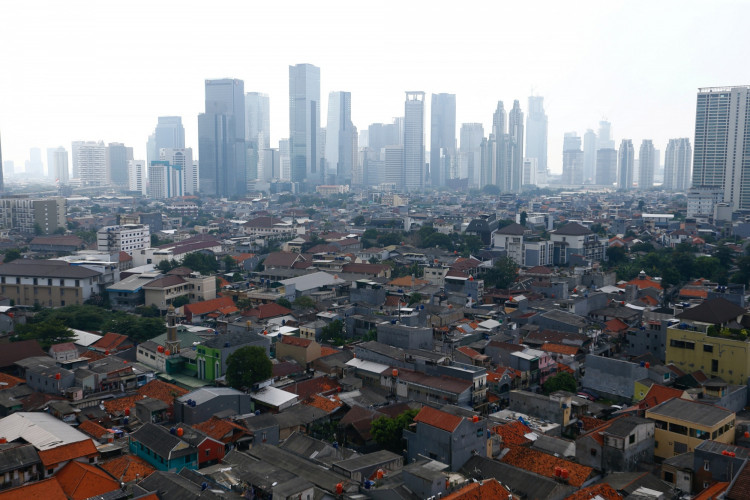A legal push for cleaner air in Indonesia has hit another snag after judges delayed a decision Friday. The postponement of a decision in a civil suit against the government is the second in two months.
The lawsuit was filed in 2019 by 32 plaintiffs who asked that Jakarta's government officials be held accountable for the air pollution in the nation's capital. According to filings, the lawsuit aims to force officials to improve the city's air quality through the implementation of tougher emission regulations and sanctions.
According to recent air quality surveys, Jakarta's air has regularly hit hazardous levels and is a constant danger to the health of its citizens. The complainants initially expected a verdict May 20 but judges issued a postponement. Now, the verdict has been delayed until June 24.
Chief Justice Saifuddin Zuhri said the postponement was mostly a result of the large number of documents that were filed. Zuhri said he and two judges presiding over the case need additional time.
"I hope you can accept that we are not able to read the verdict. Therefore, we have agreed to postpone the decision for two weeks," the judge said.
The Clean Air Initiative Coalition, whose members make up most of the plaintiffs in the action, said it is disappointed with the judges' decision.
"A reading of a verdict that takes up to eight weeks is not something that can be considered reasonable. This delay is clear evidence of poor time management...and a violation of the principle of a fast, simple and low-cost trial," the advocacy group said.
Apart from local city officials, the lawsuit also names Jakarta's governor, the country's president, its minister of environment and forestry and its minister of home affairs as defendants. The plaintiffs blame the officials for allowing the air to get too toxic.
One of the plaintiffs, Istu Prayogi, was diagnosed with spots in his lungs, which he said was caused by the thick smog that regularly covers the city. Prayogi said he thinks the courts are simply buying time to look for legal loopholes to avoid making a decision.





